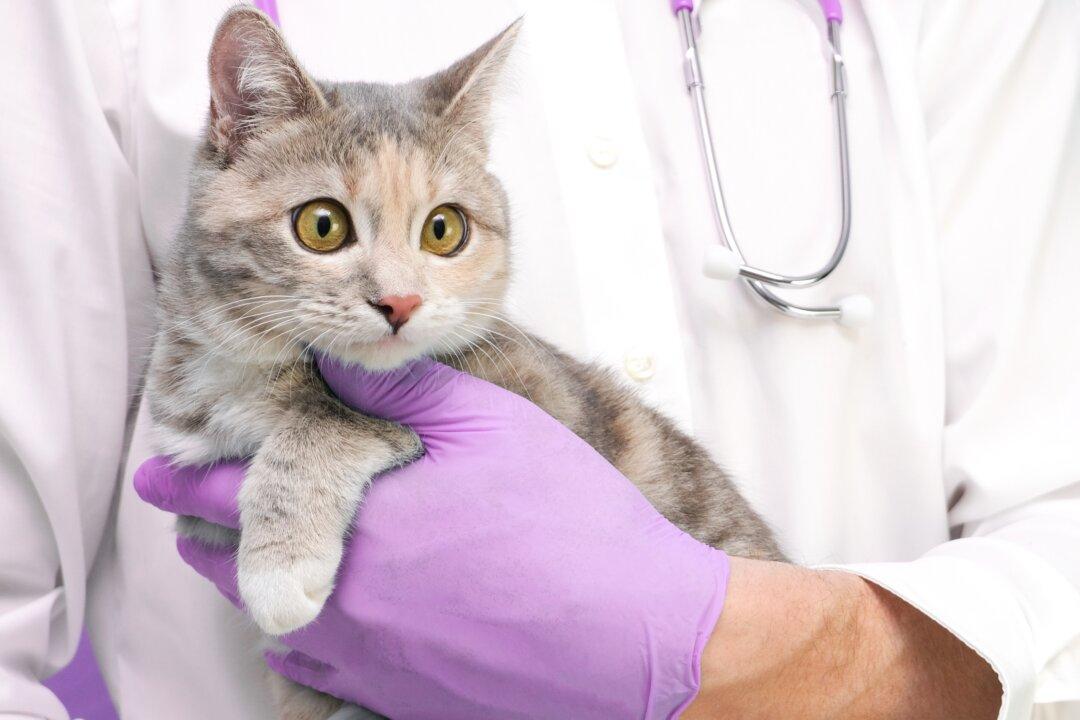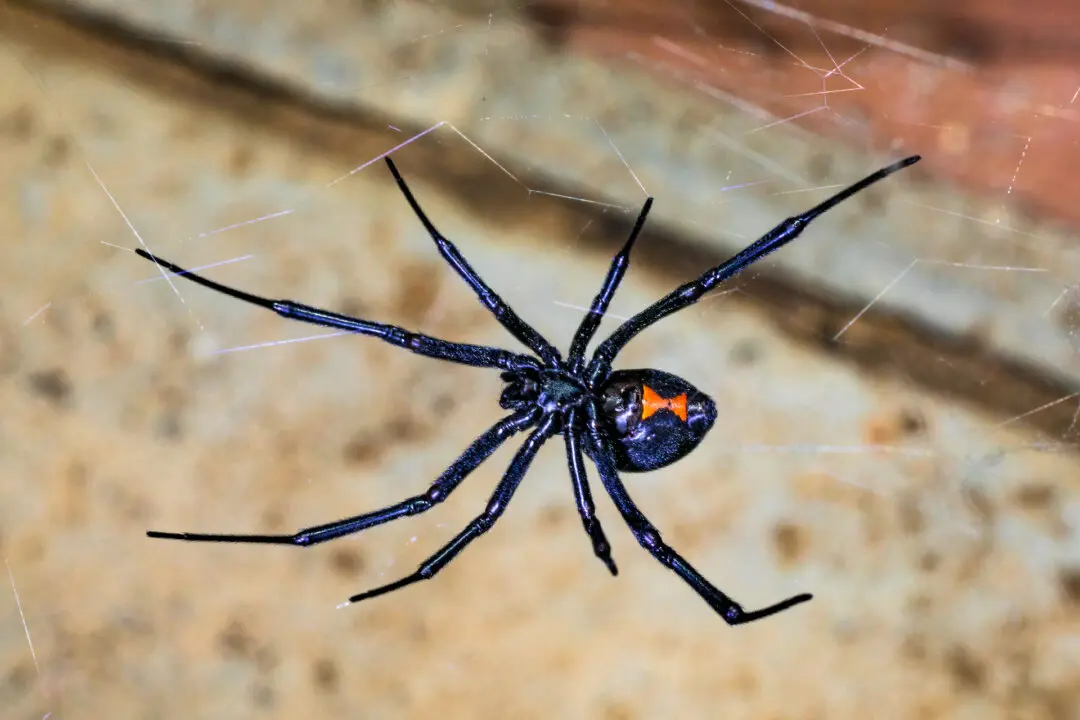Q: Rambo, my 2-year-old cat, was breathing fast during his annual wellness exam. His veterinarian said his rapid breathing could be due to stress, heart disease, or a respiratory condition such as asthma.
She did a blood test called NT-proBNP which indicated that he may have heart disease, and she referred me to a cardiologist who confirmed that Rambo has cardiomyopathy. Now he takes medicine to improve his heart function and prolong his life.





